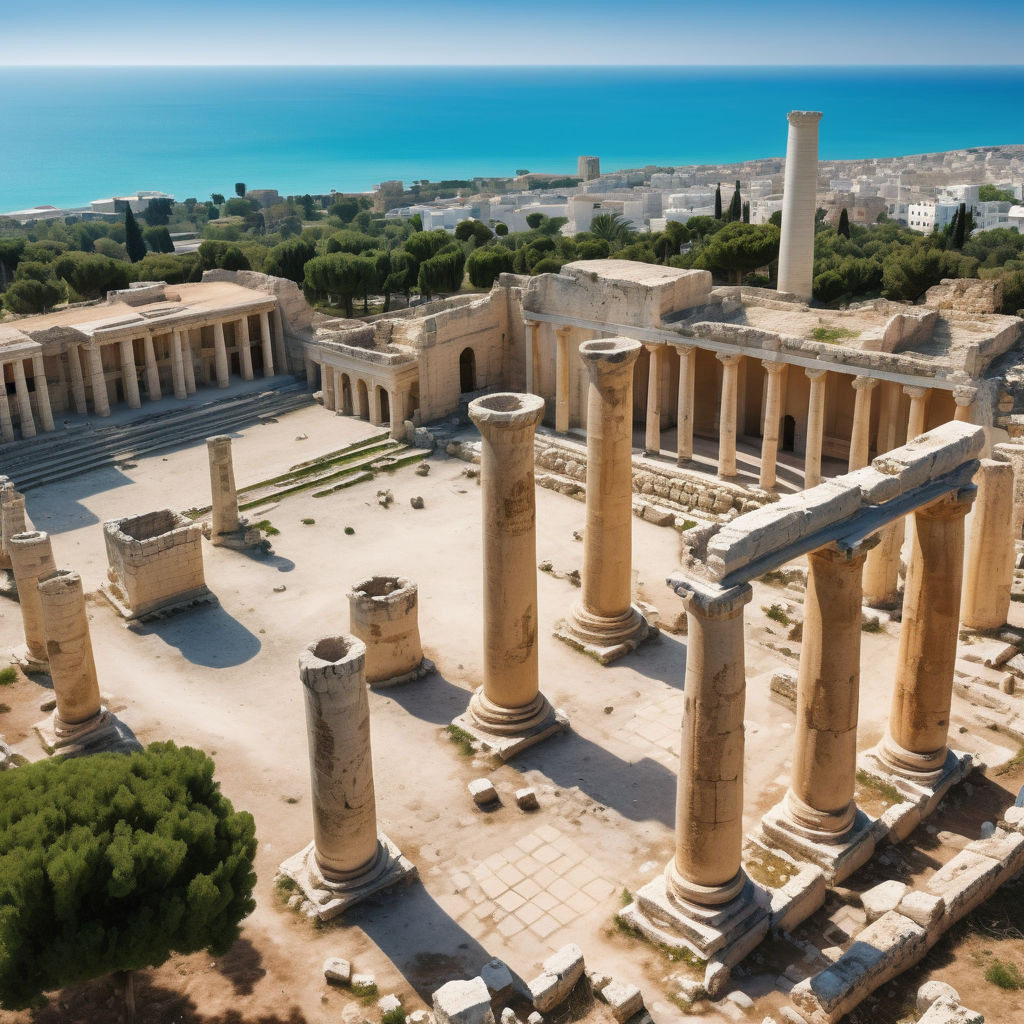Discover Tunisia: A Blend of Ancient Traditions and Modern Influences
Explore Tunisia's Rich Cultural Heritage and Cross-cultural Dynamics

Introduction to Tunisia
Tunisia, a North African country nestled along the Mediterranean coast, is bordered by Algeria to the west and southwest, Libya to the southeast, and the Mediterranean Sea to the north and east. The capital city, Tunis, is a bustling metropolis that blends ancient traditions with modern influences. Other major cities include Sfax, Sousse, and Bizerte. Tunisia is renowned for its rich cultural heritage, a tapestry woven from its Phoenician, Roman, Arab, and Ottoman past, which is vividly reflected in its architecture, cuisine, and festivals.
Cross-national and Cross-cultural Understanding
Tunisians generally have a positive and open attitude towards other cultures. This openness is partly due to Tunisia's historical role as a crossroads of civilizations, having been influenced by various cultures over the centuries. The country actively engages in cultural exchanges and international partnerships, fostering a climate of cross-cultural understanding. Educational programs and international partnerships are vital in promoting this cultural exchange. Tunisian universities often collaborate with institutions worldwide, offering exchange programs that allow students to study abroad and gain firsthand experience of different cultures. Additionally, numerous cultural festivals, such as the Carthage Film Festival and the International Festival of the Sahara, attract participants and visitors from around the globe, facilitating cultural dialogue and mutual appreciation.
Interactions and Social Dynamics
Interactions between Tunisians and foreigners are generally warm and welcoming. Tunisians are known for their hospitality and friendliness, often inviting guests into their homes and sharing meals. Social behaviors in Tunisia are characterized by a mix of traditional and modern influences. Respect for elders and politeness are deeply ingrained, while younger generations tend to embrace more contemporary social norms. Communication styles in Tunisia can vary. While Arabic is the official language, French is widely spoken due to the country's colonial history, and English is increasingly becoming popular, especially among the younger population. This multilingualism greatly facilitates interactions with foreigners, making communication smoother and more inclusive. Understanding these linguistic dynamics is essential for effective interaction in both personal and professional contexts.
Views on Dating and Relationships
Dating and relationships with foreigners in Tunisia are viewed through a complex lens of cultural expectations and modern influences. Traditionally, Tunisia has conservative views on dating, where relationships are often conducted with the intention of marriage. However, globalization and exposure to different cultures have started to shift these perspectives, particularly in urban areas. Intercultural dating is becoming more common, especially among the younger generation who are more exposed to global cultures through media, travel, and education. Social media platforms also play a significant role in bridging cultural gaps and facilitating cross-cultural relationships. Nonetheless, traditional values still hold considerable sway, and family approval remains crucial in many relationships.
Marriage and Family
Marrying a foreigner in Tunisia involves navigating both legal and social landscapes. Legally, foreigners can marry Tunisian citizens, but the process requires specific documentation and adherence to local laws, such as the need for a conversion to Islam if the foreign partner is not Muslim, particularly for women. Socially, cross-cultural marriages are increasingly accepted, although they may still face scrutiny from more conservative circles. Family plays a central role in marriage decisions, and gaining their approval is often essential for a successful relationship. Cross-cultural marriages necessitate a harmonious blend of different cultural practices and expectations. Despite these challenges, many cross-cultural couples find that their diverse backgrounds enrich their family life, bringing broader perspectives and experiences. Common practices in cross-cultural marriages include incorporating elements from both cultures into wedding ceremonies and daily life. These marriages often highlight the beauty of cultural fusion, with couples celebrating festivals and traditions from both backgrounds.